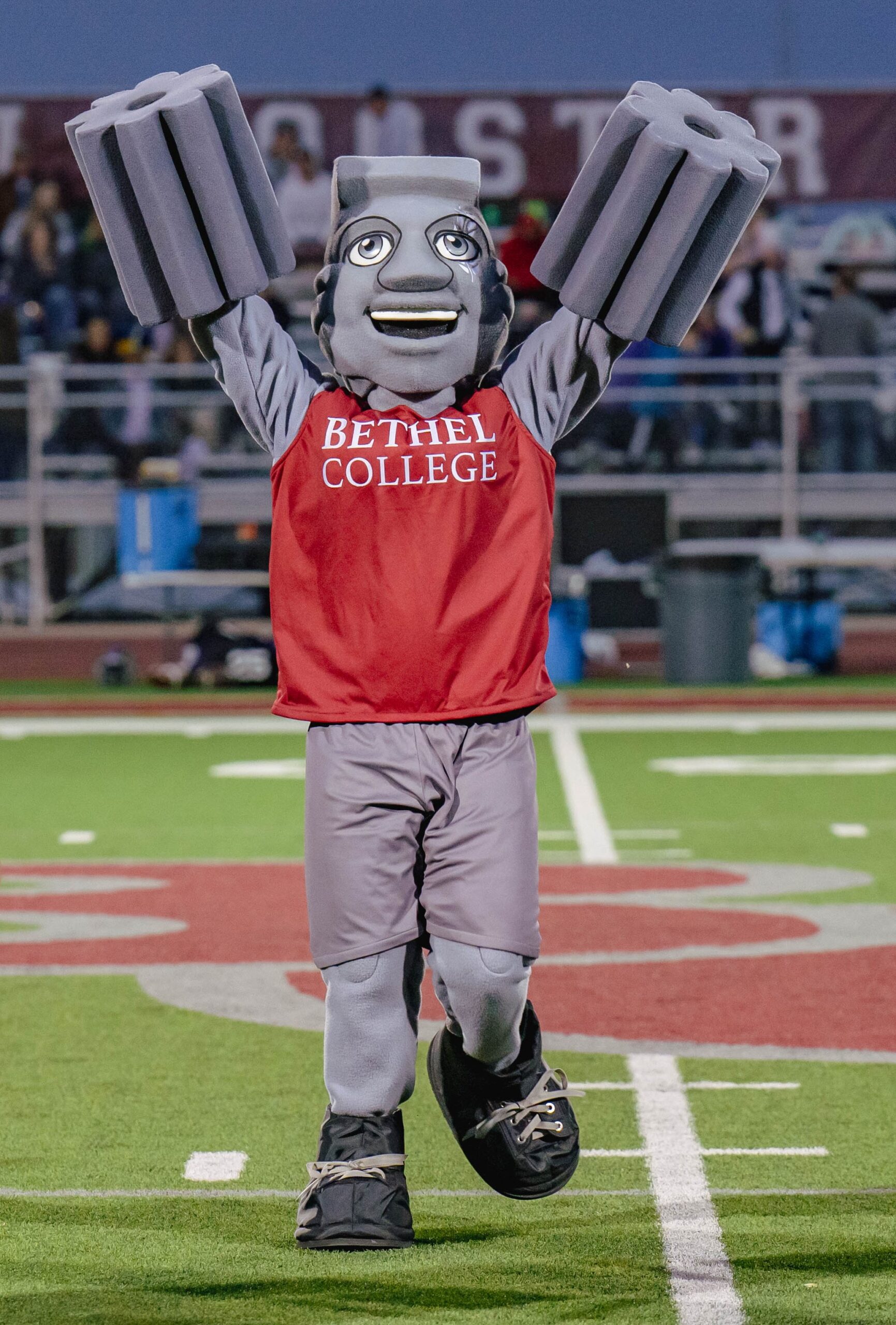Senior Lucy Buller tries not to miss any chances to push herself, and this summer she got one that took her to Washington, D.C., and back.
The Albright Young Women Leaders Program, named for the late Madeleine K. Albright (the first woman to be appointed Secretary of State, in 1997) and administered by the U.S. State Department, is designed to empower young women through a global educational exchange.
Jennifer Chappell Deckert, associate professor of social work, encouraged Buller to apply. “Even though I haven’t taken any classes with her, she’s very aware of [how active I am] on campus,” Buller says.
“I looked [the program] up and thought, ‘This is the coolest thing ever, and I’m never going to get in.’ But what was there to lose by trying? And then they reached out to set an interview – worst-case scenario, I’d get more interviewing practice.”
Buller was one of four women from Kansas and six total from the United States accepted to the program. The other Kansans were from state universities – as far as Buller knows, she’s the first woman from a Kansas private college to participate in the program.
The rest of the 84 participants came from all over the world – Pakistan, India, Mongolia, Morocco, Hong Kong, Lebanon and Zambia were the countries Buller could pull off the top of her head.
The women started their five weeks with orientation in Washington, D.C., as a whole group.
“This helped everyone get used to the time zones,” Buller said. “We had a conference day at Georgetown University, where we met people who had known Madeleine Albright. We did some sightseeing, like a night tour of the D.C. monuments.”
After four days, the women split into four smaller groups, called institutes. Buller was part of a cohort of 24 who went to the University of Kansas campus in Lawrence.
They spent most of their time at KU but also took trips to St. Louis University and the University of Missouri at Columbia.
The overall purpose of the program was to get participants thinking about the meaning of leadership, and specifically “adaptive leadership.”
“Adaptive leadership is distinguished from authority,” Buller says. “It’s a communications theory that says leadership can be part of any position, and that having authority does not automatically create a leader.”
The women were encouraged to inspire and rally others regardless of position or status, and not to allow leadership to be determined by hierarchy.
They did this through rigorous classroom work, mentorships with older women, projects – and the relationships built from living on the same dorm hall for five weeks.
“For our Leadership for Change project, we had to assess a problem in our community and come up with a way to address it,” Buller said. “At the end of the five weeks, we gave presentations on our projects.”
She chose to address violence against LGBTQ+ groups in Harvey County and Kansas as a whole. “The most important part of the project was to make it so queer women do not have to leave their hometown to feel safe,” Buller told The Bethel Collegian.
‘I didn’t expect to connect with the other women as much as I did,” she says. “I thought that we wouldn’t have anything in common, but I felt like every person I met, I found something – like the women from Lebanon who also loved Taylor Swift.
“I didn’t start college until I was 20, so I saw this as getting opportunities I wouldn’t have otherwise. I’m constantly doing things to test myself – like joining the forensics team when I was terrified of public speaking.”
Buller has taken every opportunity to be active at Bethel. In addition to competing, she runs the forensic team Instagram. She’s co-president of the BC Pride Alliance Council and a member of FemCore and the Bethel College Community for Justice and Peace.
An English major who plans to complete teaching certification, Buller has received the Dorothy Wedel Kaufman Honor Scholarship for two years in a row. She works in the library and as a tutor and still manages to consistently make the Dean’s List.
When asked what she liked best about the Albright leadership program, Buller says, “It’s hard to pick any one thing out. It was really the whole five weeks.
“Being in D.C. was surreal. It’s an expensive place to go, and as a low-income student, I don’t even get to take spring break trips.
“Being in a room with 80-plus other women all passionate about women’s leadership, and so involved in a diversity of issues and careers, was amazing. I’m used to being the only woman in the room, or the only one interested in LGBTQ+ issues.
“I loved the emphasis on succeeding and helping others succeed, [rather than] competing against each other. And this was an academic program but ungraded. Doing that kind of academic work without the weight of a grade was really good.
“It was an incredible opportunity.”













